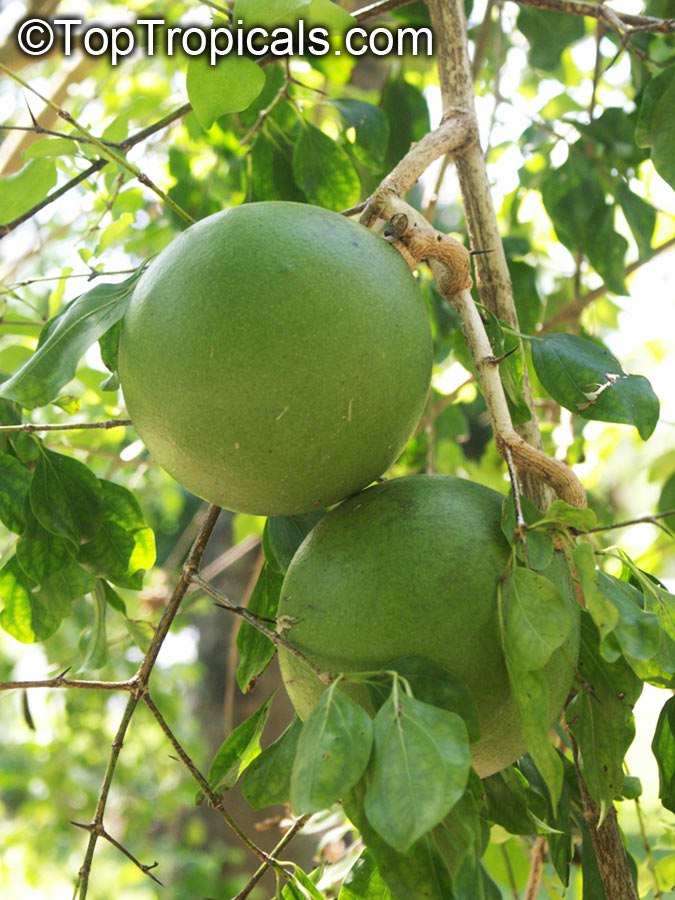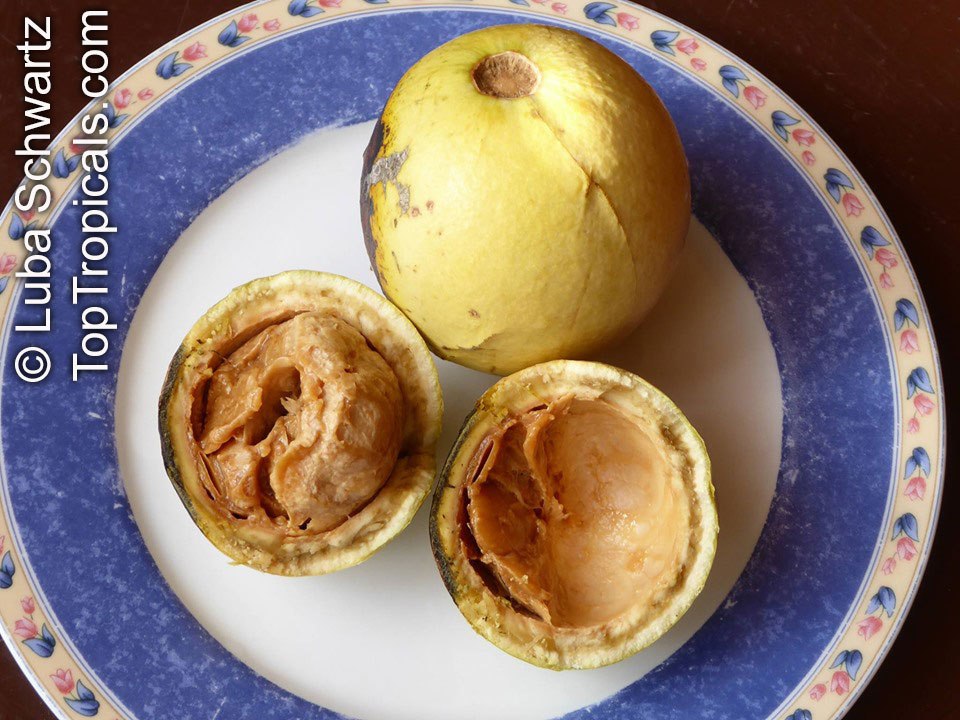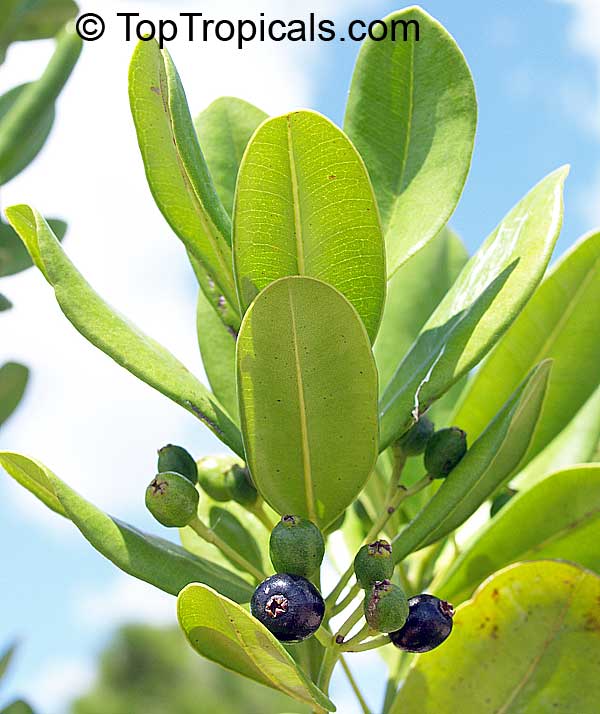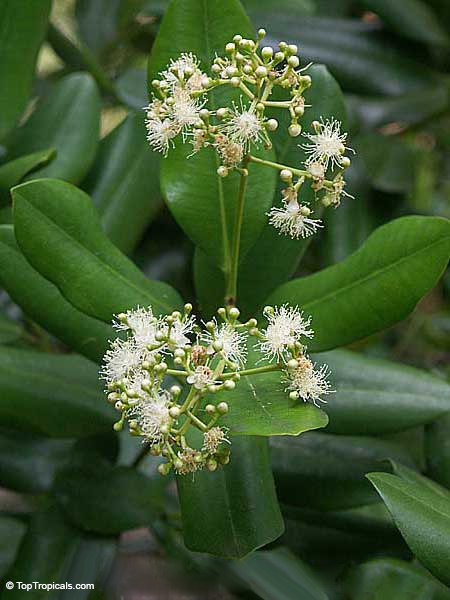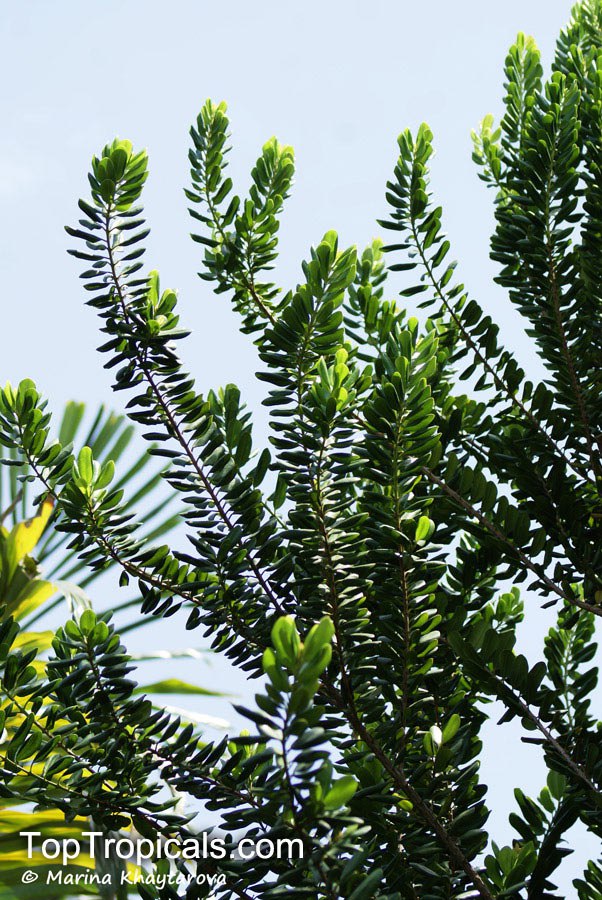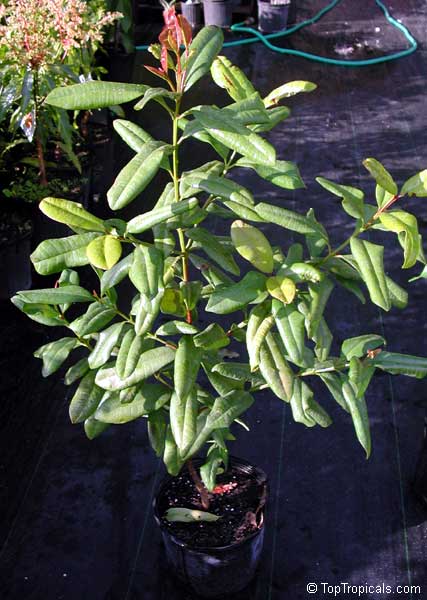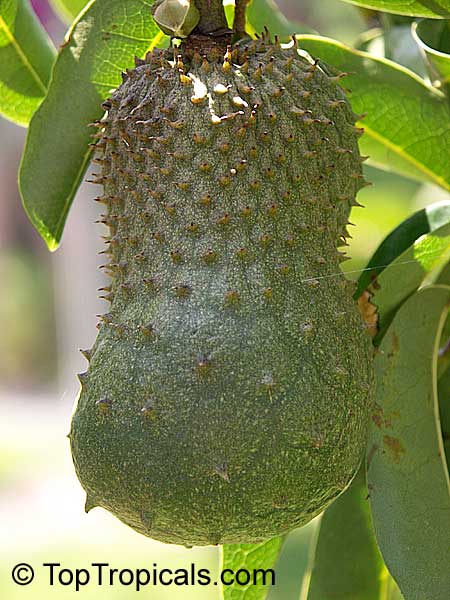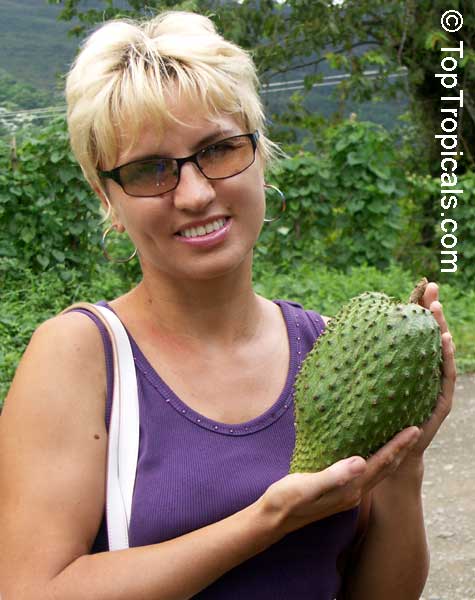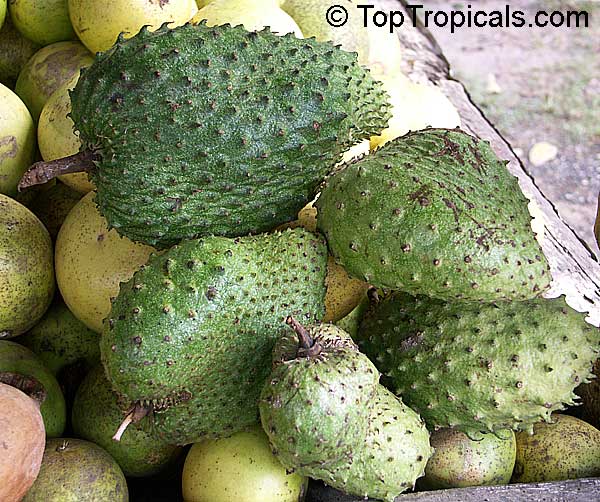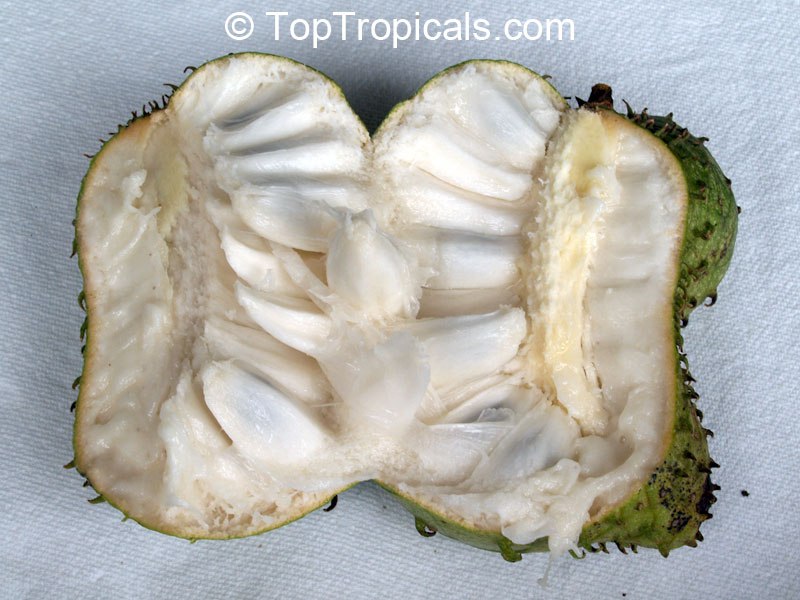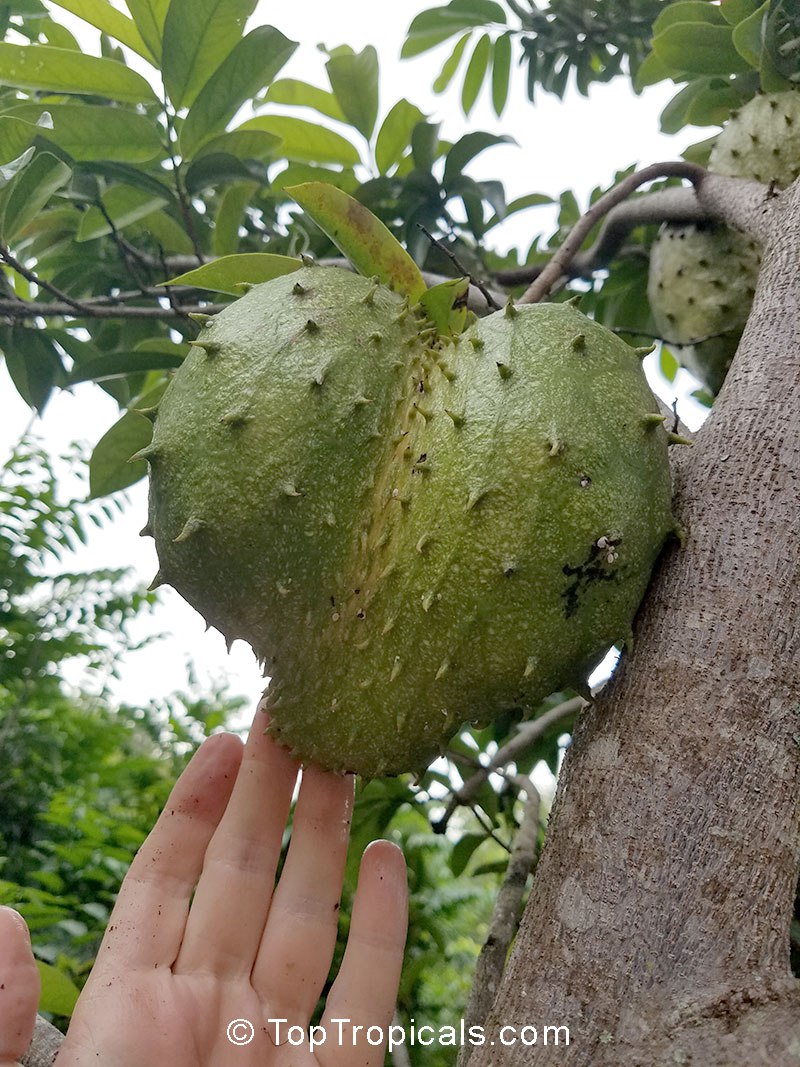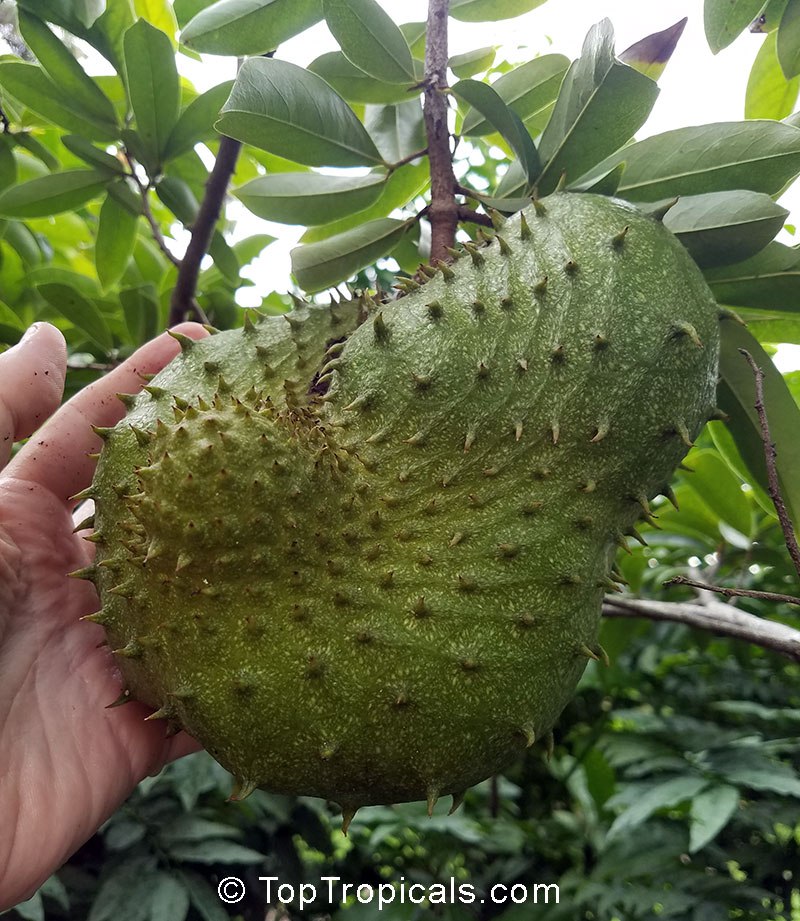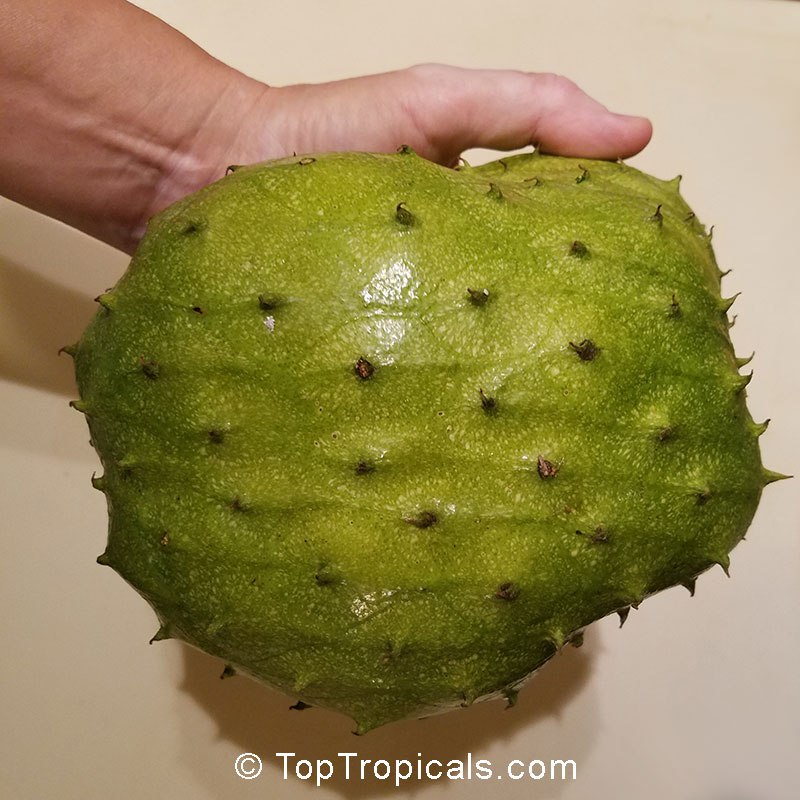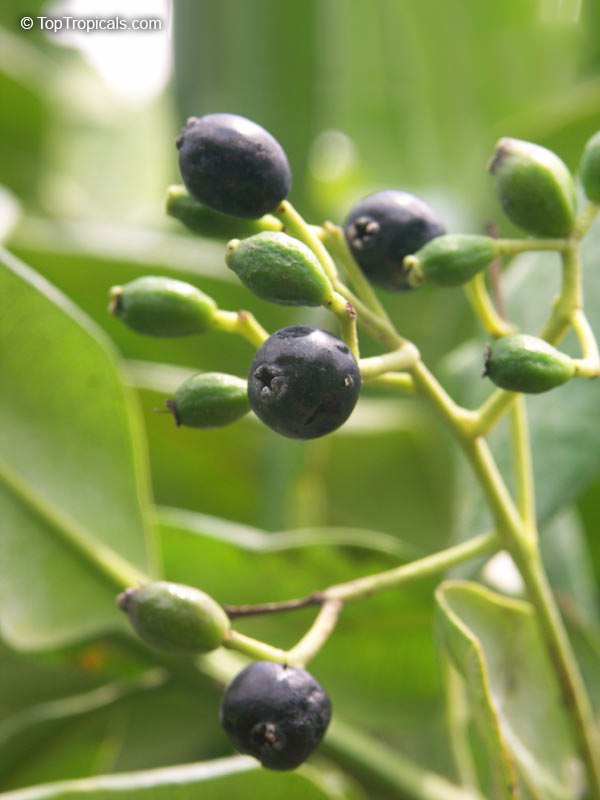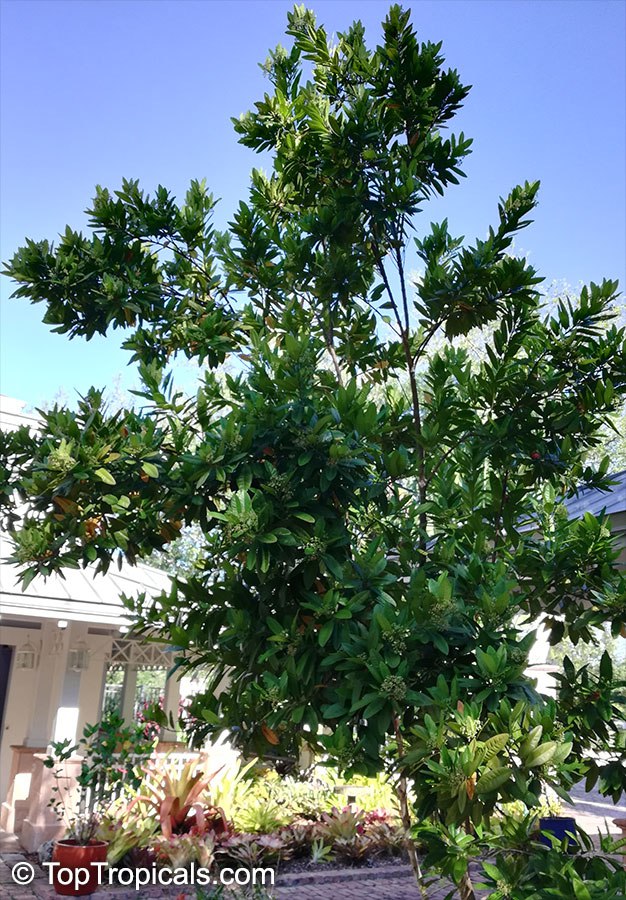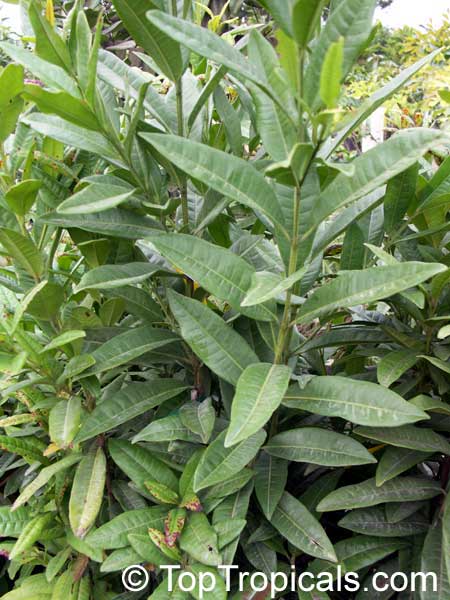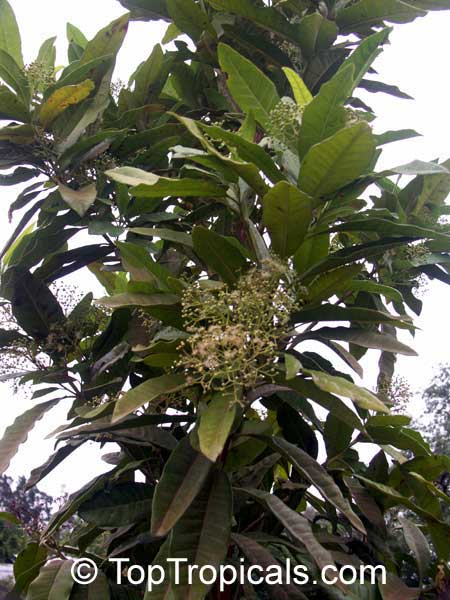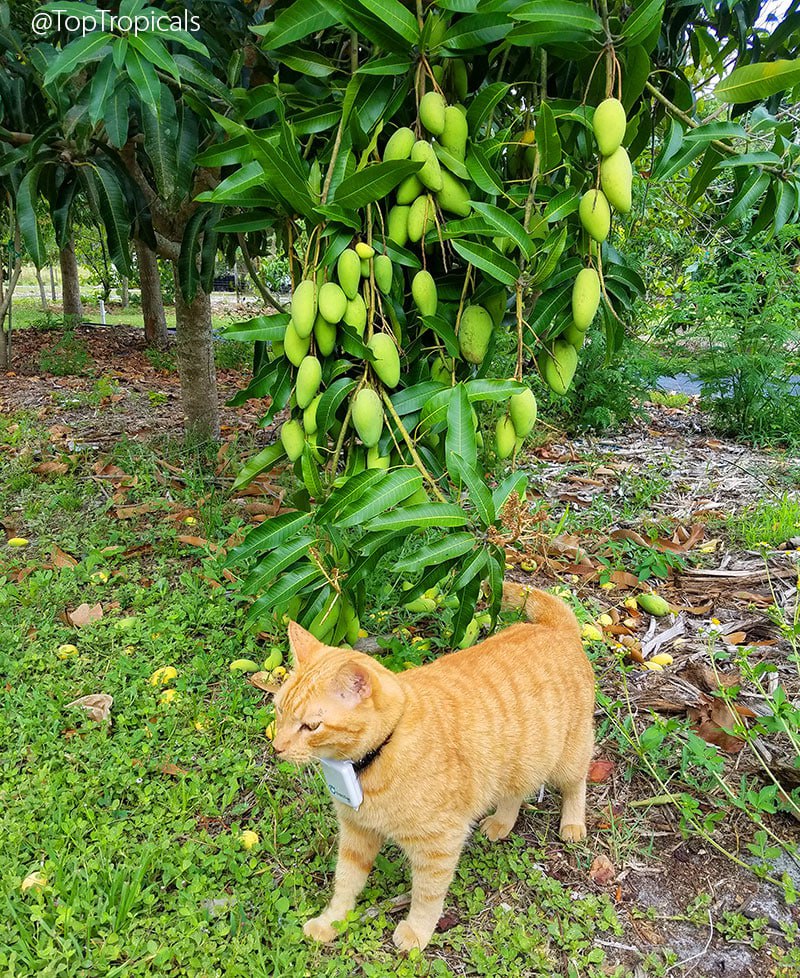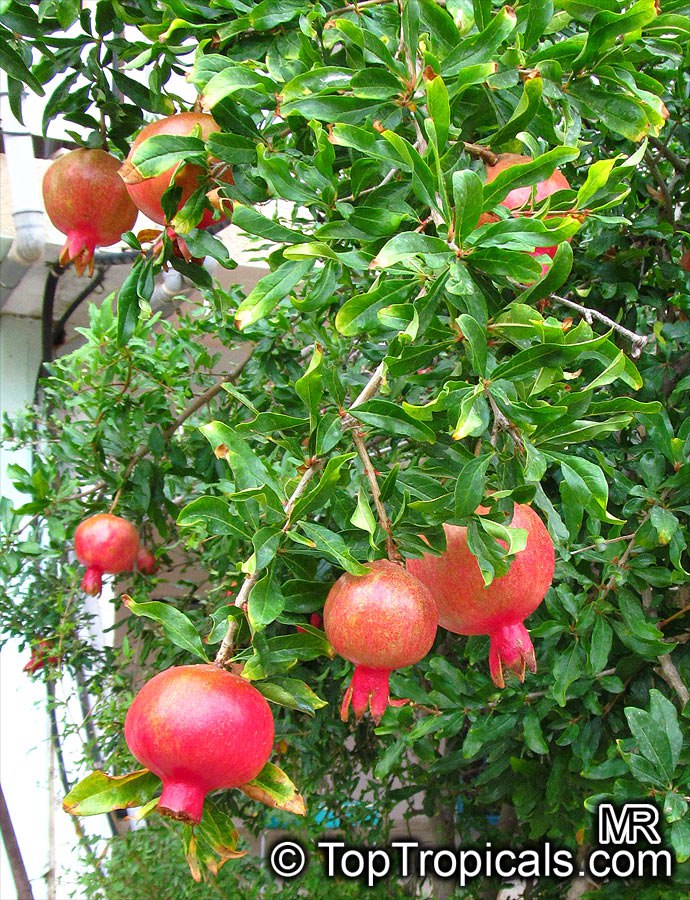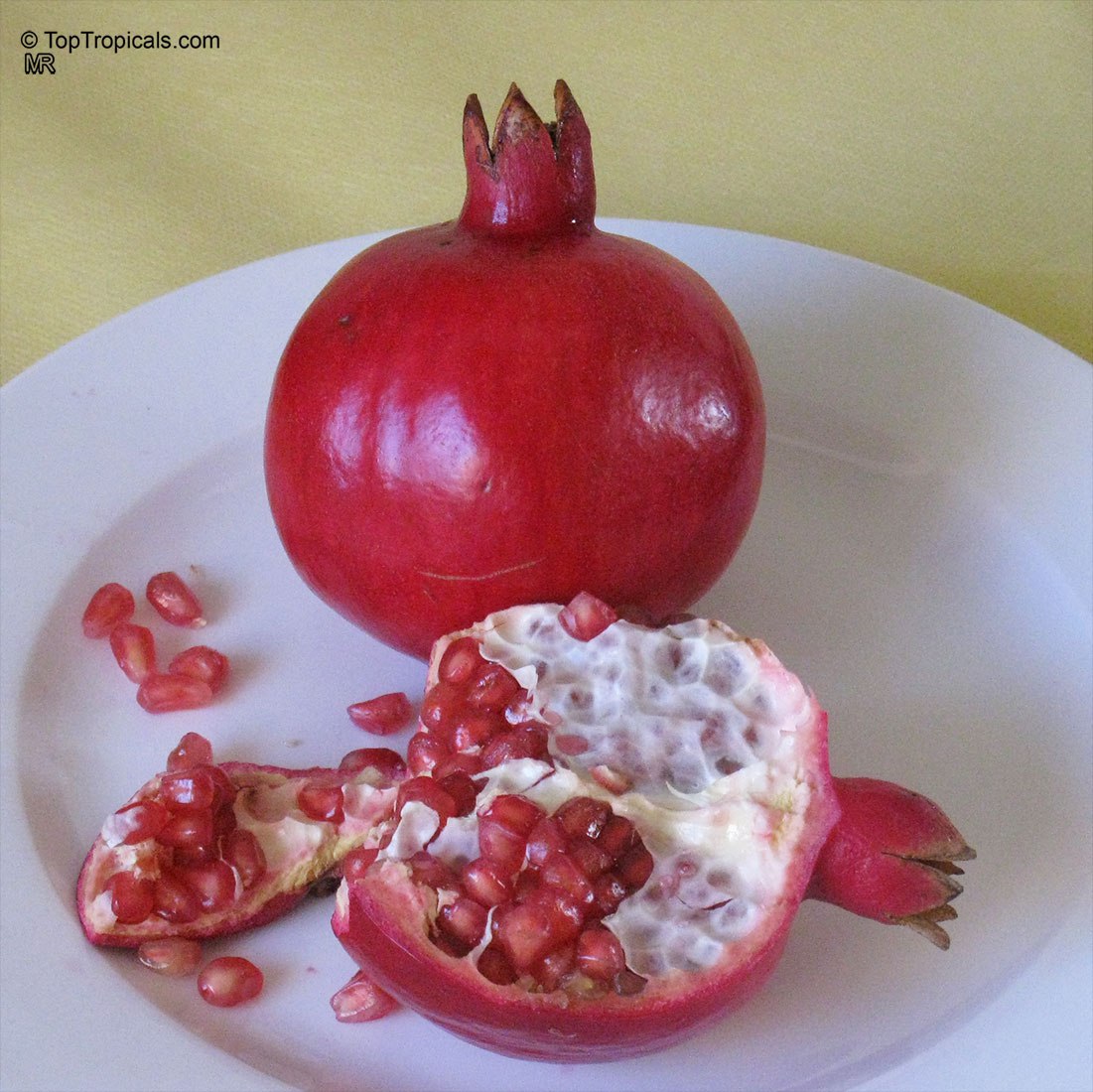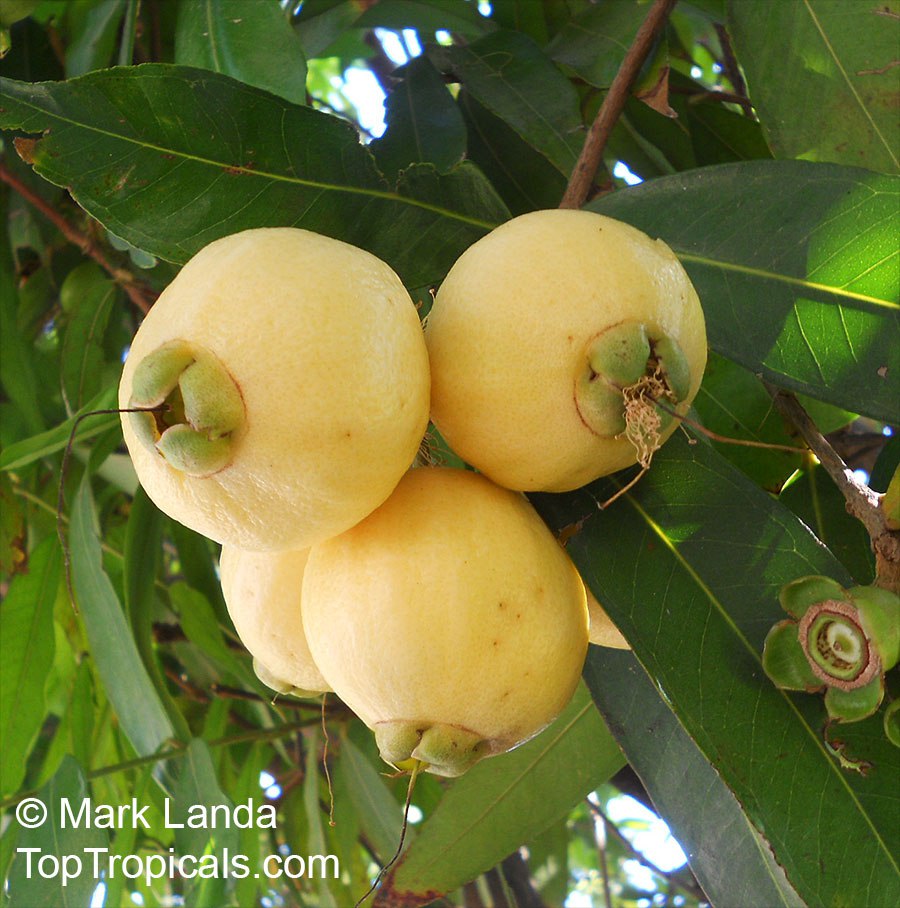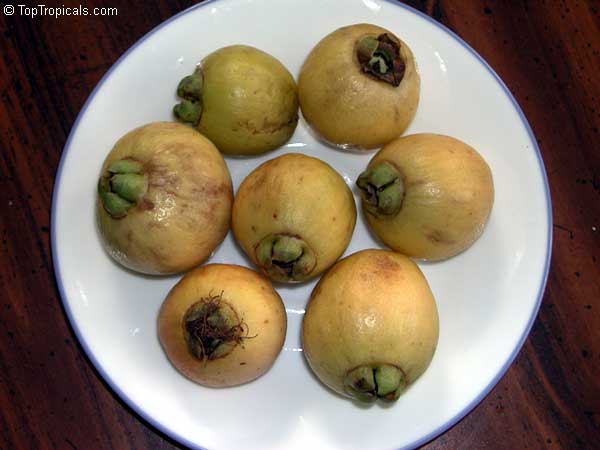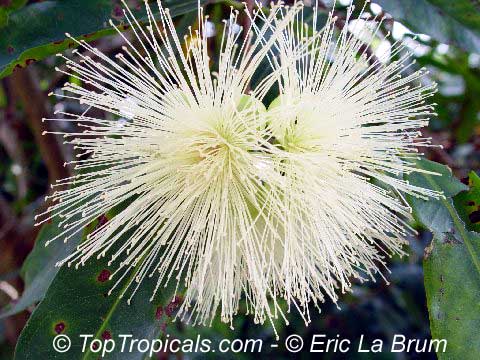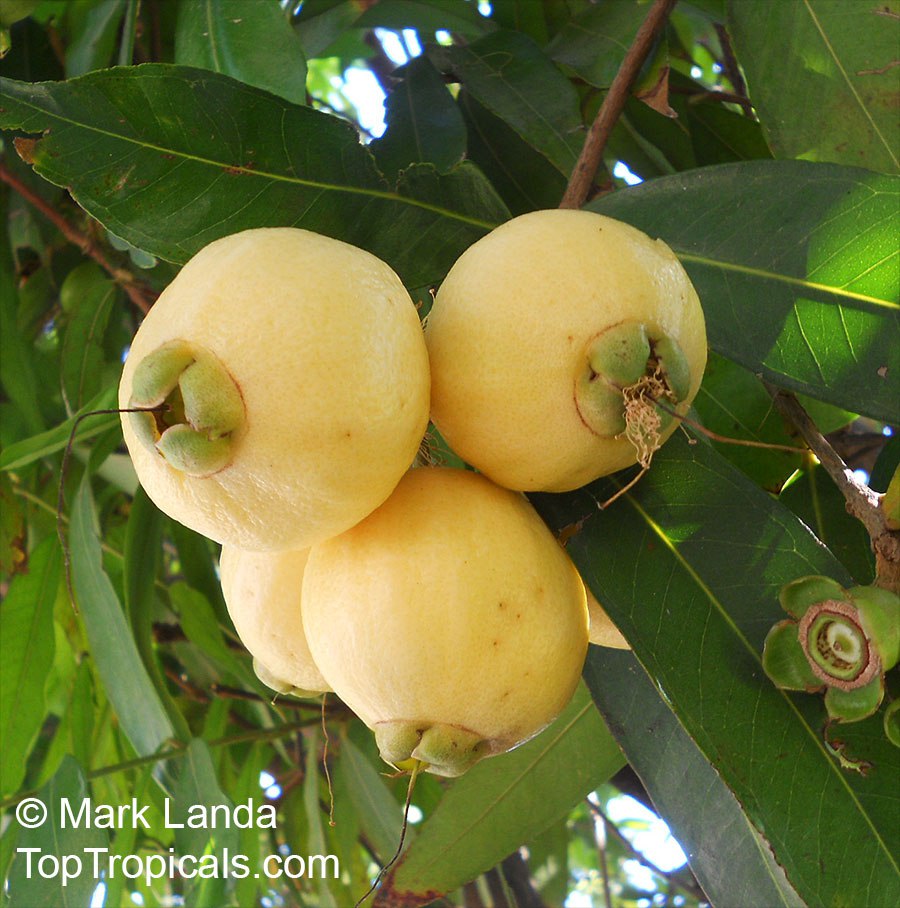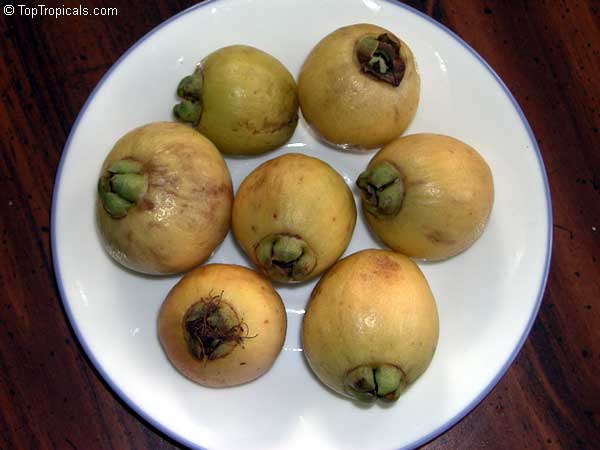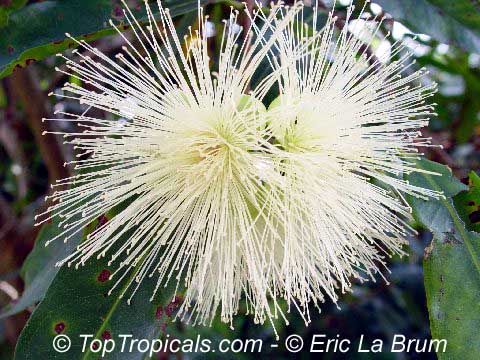Why is Jujube Tree called the Tree of Happiness?
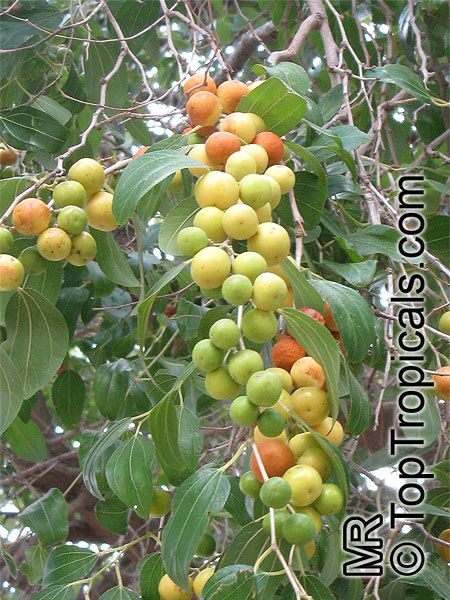
Jujube Tree (Ziziphus jujuba)
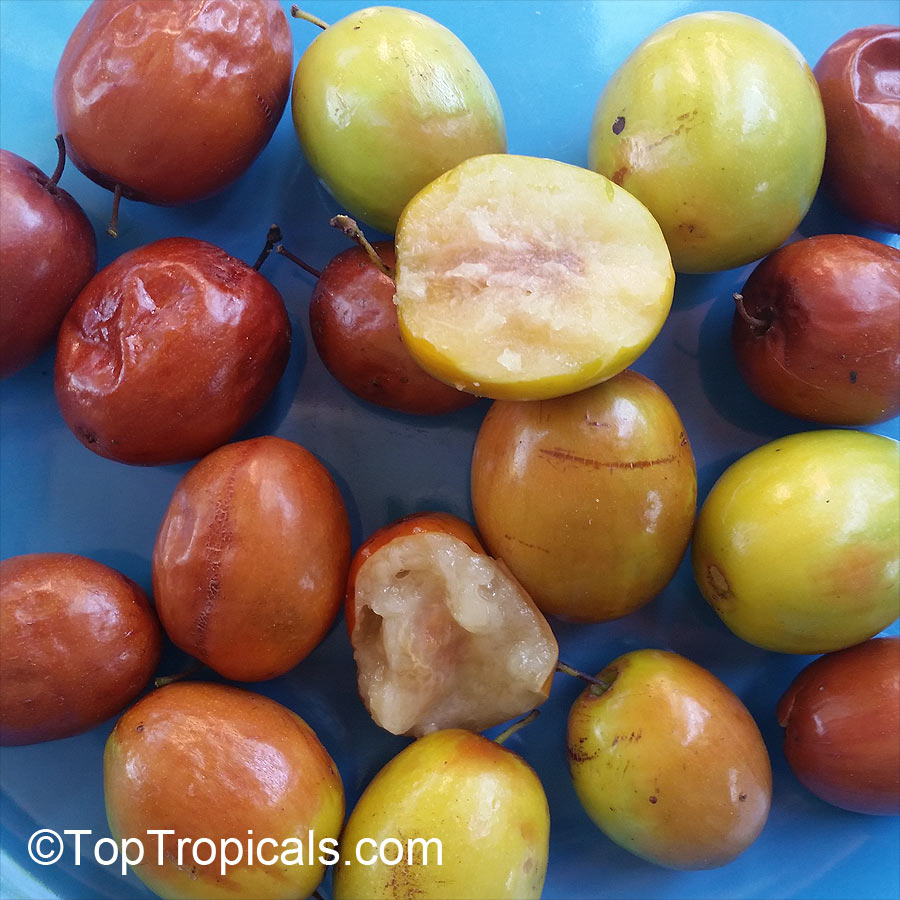
Jujube Tree (Ziziphus jujuba) fruit
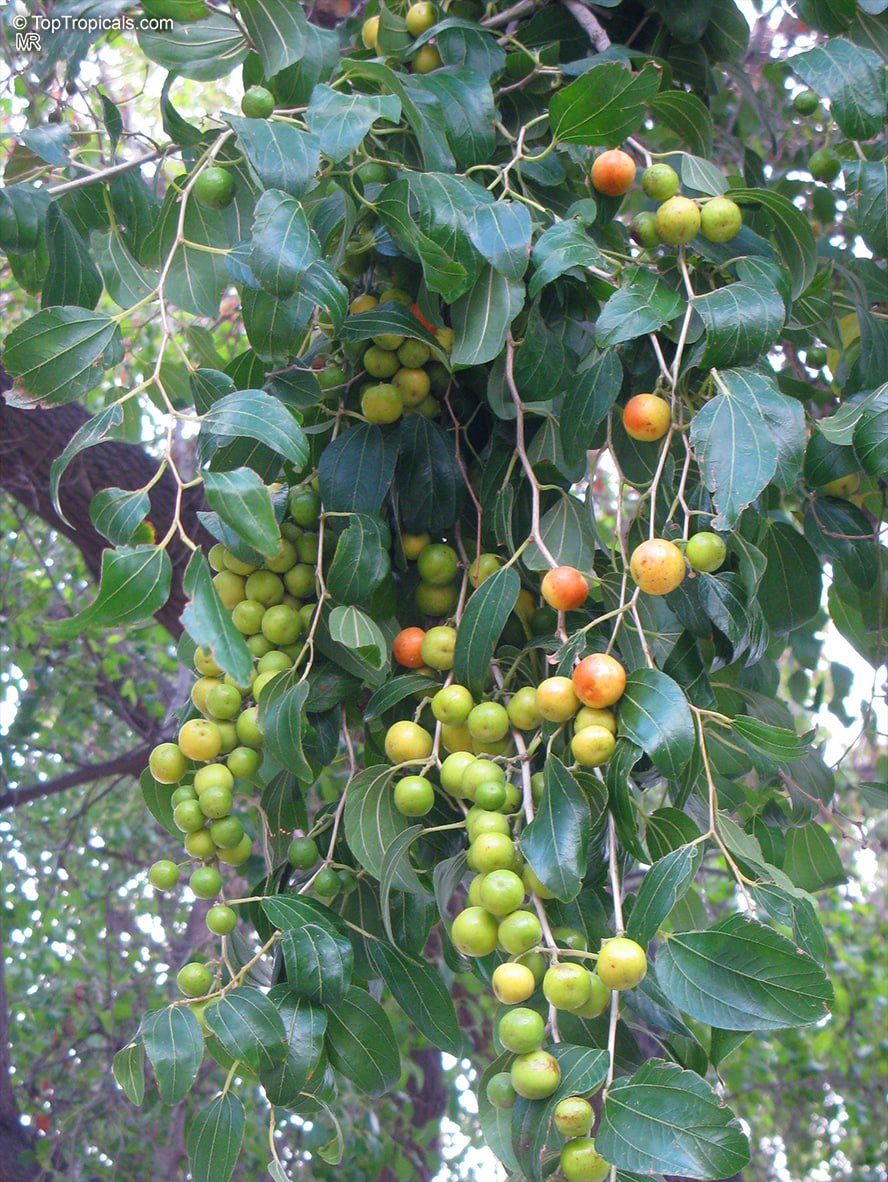
Jujube Tree (Ziziphus jujuba)
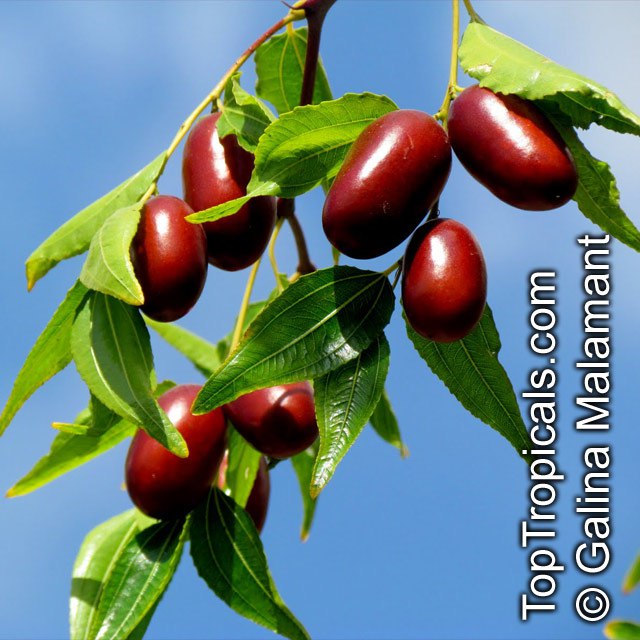
Jujube Tree (Ziziphus jujuba)
- 😇 The Jujube Tree (Ziziphus jujuba) is often called the "Tree of Happiness" and is one of the #Nature_wonders.
- 😇 Nutritious Fruit: The Jujube tree (Ziziphus jujuba) produces small, sweet, and slightly tangy fruits that are enjoyed by both children and adults.
- 😇 Hardy and Easy: This small, spreading tree with drooping branches grows quickly and thrives in poor, dry, and even moderately saline soils. It requires minimal care to flourish.
- 😇 Medicinal Uses: Every part of the Jujube tree, from its leaves to its bark and fruit, has medicinal properties. The fruit is known for its stress-relieving and immunity-boosting benefits.
- 😇 Thousands of Years in cultivation: Widely cultivated in China and India, jujubes have been grown for over 4,000 years. China has more jujube trees than any other type of fruit tree.
- 😇 Symbolism:
- 😇 Greek Mythology: Some horticulturists draw a comparison between the Jujube tree and the Greek myth of Sisyphus. Like Sisyphus' boulder that endlessly rolls back down, the Jujube tree regrows tirelessly, symbolizing resilience, perseverance, and renewal.
- The name Ziziphus comes from the Persian zizfum or Arabic zizouf.
- The tree is associated with Ziziphus spina-christi, the Christ's Thorn Jujube, which provided the thorns for the biblical crown of thorns.
- In Indian legends, the Jujube tree is said to be blessed with a boon: no matter how badly it is cut, it will never die, and a single root will cause it to regrow.
- Revered in India, the Jujube is known as the "Tree which removes sorrow" and is often offered to the god Siva.
📚 Learn more:
The tree of Happiness that removes sorrow
🛒 Plant Jujubу - Tree of Happiness
#Food_Forest #Remedies
🔴 Join 👉 TopTropicals
